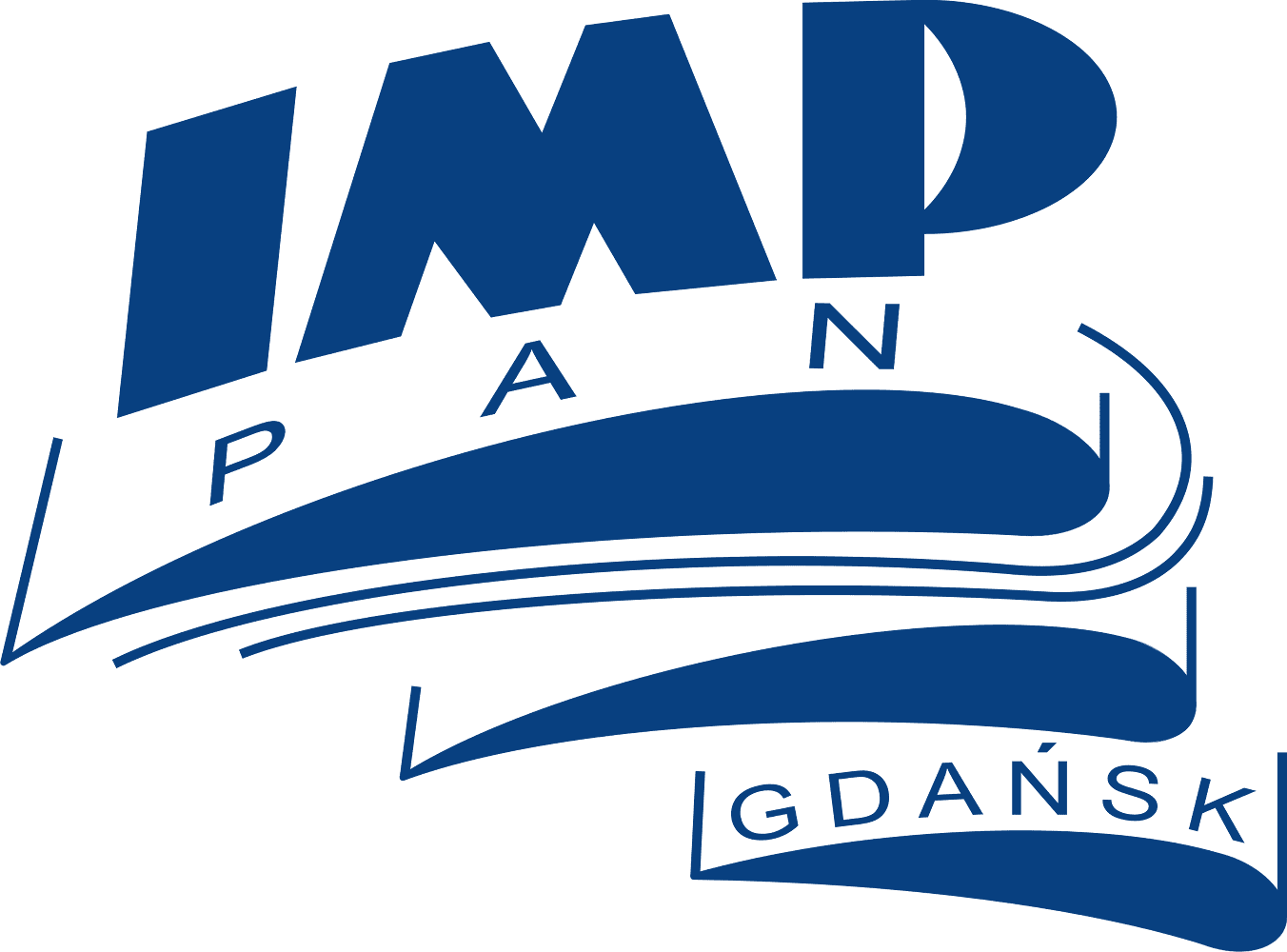Volume 70-72 (1976)
Opening address by the Chairman of the Organizing Committee Professor Jerzy Krzyżanowski
Panel Discussion 1: Investigations of Two-Phase Flows and their lnfluence on Turbine Stage Designing
Panel Discussion 2: Limits of Applicability of Theoretical Aerodynamics in Turbine Stage Designing
1976, Zeszyt 70-72
Abstract
An increase of the enthalpy drop conversed in a stage is connected with the down wash behind the rotor blading reverse to the direction of revolutions. The lower the degree of reaction pT the smalleris the deviation of the outlet from the axial direction. Hence, it is reasonable to make the stages with increased circulation as stages with decreased degree of reaction gradient. It permits to achieve the low degree of reaction in the mean diameter at the favourable degree of reaction on roots.
As a means of decreasing the degree of reaction gradient a tangential inclination of the guide blading has been chosen. Ąn approximate method of calculations dealing with the stages with tangentially inclined guide blades is presented in the paper. This method is based on the solution of axisymmetric inviscid ideal gas flow, neglecting the radial velocity components.
The ręsults of an experimental investigation of the stage with tangential inclined guide blading designed towards the presented method and completed in both one- and two-stage air turbine are discussed. The enthalpy drop has been increased 12.5% in comparison with a stage designed in agreement with the condition cu⋅r = const.
Keywords:
enthalpy drop, rotor blading, tangential, guide blading




















